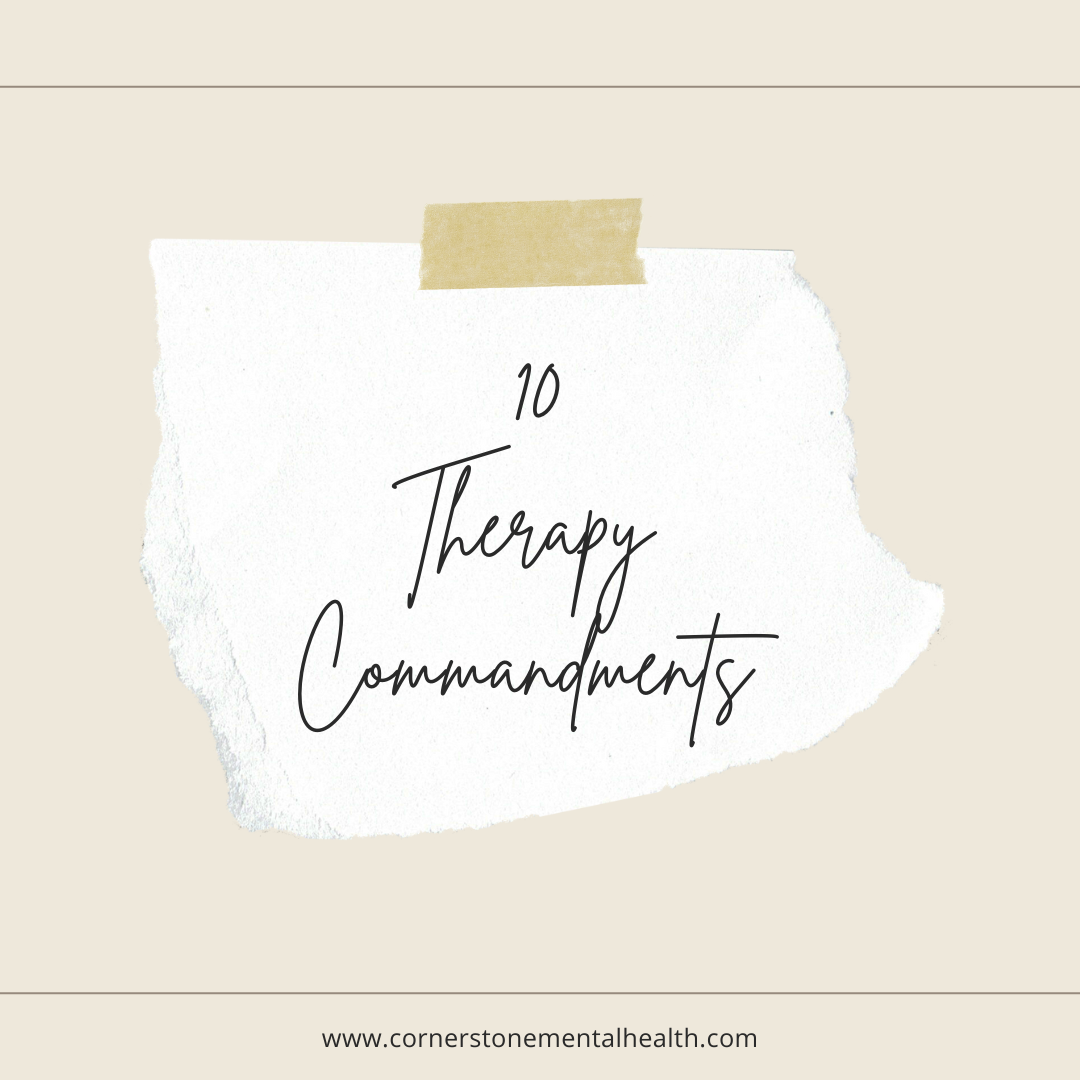

My passion lies in guiding individuals like you through transformative life coaching. With a heart full of empathy and a wealth of professional experience, I’ve dedicated my life to helping people discover their true potential and lead lives brimming with purpose and joy.



Looking for a Black female therapist in Dallas? Reach out for a free 15 minute consultation to see if we are a good fit.
HOURS: Monday-Thursday 11am-6pm
Saturday 12-2pm
Email: jewel@cornerstonementalhealth.com Phone: 682-999-8119